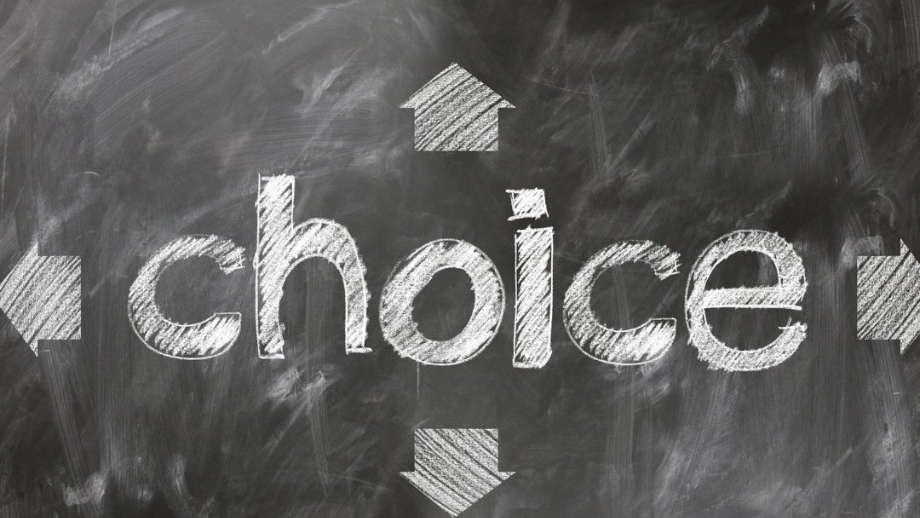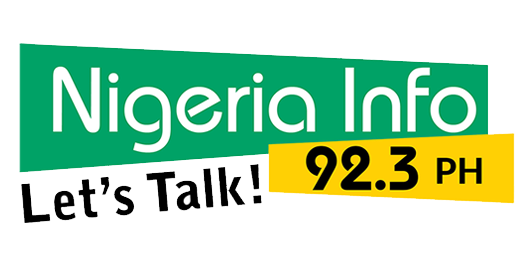
In the dynamic landscape of the digital age, where information is abundant yet not always reliable, a pressing concern emerges: the proliferation of health misinformation and its profound influence on parenting decisions.
This blog post probes the alarming phenomenon of health misinformation, exploring its roots, the extent of its reach, and the potential consequences for families navigating the complex world of childcare and wellbeing.
As technology has revolutionized the way we access and share information, it has also opened doors to the spread of false or misleading health claims. This misinformation can lead to incorrect or even dangerous decisions regarding children's health, nutrition, and development. The consequences of these misguided choices can range from minor setbacks to severe health complications, making it imperative to address this issue and empower parents with accurate and trustworthy information.
The Vulnerability of Parenting
Parents are highly susceptible to misinformation, particularly when it comes to making decisions about their children's health. The abundance of health-related information available online can be overwhelming, making it difficult for parents to discern reliable sources from misleading or false information. This overload can lead parents to rely on the first or most popular sources they encounter, increasing their vulnerability to misinformation.
Parents' strong emotional attachment to their children can also make them more susceptible to misinformation that promises quick fixes or miraculous cures. This emotional vulnerability can cloud their judgment and lead them to make decisions based on hope rather than evidence. Additionally, many parents lack the medical expertise to critically evaluate health information, making them more susceptible to misinformation. This lack of expertise can lead parents to trust sources that are not credible or to misinterpret information that is presented in a way that is not easily understood.
Social media and online communities can amplify the spread of misinformation, making it more difficult for parents to distinguish between reliable and unreliable sources. Parents may also be more likely to seek out and believe information that confirms their existing beliefs or preferences, rather than information that challenges them. This confirmation bias can lead parents to ignore or discount evidence that contradicts their beliefs, making them more susceptible to misinformation.
Parents' vulnerability to misinformation is a significant concern, as it can have serious consequences for the health and well-being of their children. It is essential to promote accurate information and critical thinking skills among parents to help them make informed decisions that are based on evidence and best practices. By doing so, we can ensure that parents have the tools they need to navigate the complex world of childcare and wellbeing, ultimately ensuring the health and well-being of their children.
Common Misconceptions in Parenting
Common areas of health misinformation that significantly impact parenting choices include vaccination, nutrition, and alternative medicine. In the context of vaccination, prevalent myths and misconceptions often revolve around the false link between vaccines and autism, the belief that vaccines overwhelm the immune system, and the misconception that natural immunity is superior to vaccine-induced immunity. These myths can lead parents to make decisions that put their children at risk of preventable diseases.
When it comes to nutrition, misinformation can manifest in various ways, such as the promotion of fad diets for children, the demonization of certain food groups, and the belief that organic foods are inherently healthier. For instance, the misconception that gluten is universally harmful has led to the unnecessary restriction of gluten-containing grains in children's diets, despite the lack of medical necessity.
In the realm of alternative medicine, parents may encounter misinformation related to the safety and efficacy of various treatments, such as homeopathy, essential oils, and unproven herbal remedies. For example, the widespread belief in the ability of essential oils to prevent or treat serious illnesses has led to their inappropriate use as substitutes for evidence-based medical care.
These examples illustrate how misinformation in the areas of vaccination, nutrition, and alternative medicine can significantly influence parenting choices, potentially impacting the health and well-being of children. It is crucial to address these misconceptions with accurate, evidence-based information to empower parents to make informed decisions about their children's health.
The Impact on Children's Health
Following misinformation when making parenting choices can have severe consequences for children's health outcomes. Real-life examples and case studies illustrate the harm that can result from misinformation-driven parenting choices.
In the context of vaccination, a study published in the New England Journal of Medicine in 2019 found that children in California who were not vaccinated due to misinformation about vaccines were 28.6 times more likely to contract measles than vaccinated children. In 2019, a measles outbreak in Washington State led to 71 confirmed cases, many of which were linked to parents who chose not to vaccinate their children due to misinformation.
In the area of nutrition, a study published in JAMA Pediatrics in 2018 found that children who followed a gluten-free diet without a medical necessity were at risk for nutrient deficiencies, including vitamin D, calcium, and fiber. In 2017, a 15-year-old girl with anorexia nervosa died after following a restrictive diet that excluded essential nutrients.
Regarding alternative medicine, a study published in Pediatrics in 2017 found that children who received alternative treatments for cancer, such as essential oils and herbal remedies, had a lower survival rate than children who received evidence-based medical care. In 2014, a 13-year-old boy with leukemia died after his parents chose to treat him with alternative medicine instead of chemotherapy.
These examples illustrate the potential consequences of following misinformation on children's health outcomes. By promoting accurate information and critical thinking skills among parents, we can help them make informed decisions that prioritize their children's health and well-being. It is essential to address misinformation in these areas to prevent the harm that can result from misinformation-driven parenting choices.
Conclusion
The vulnerability of parents to health misinformation is a pressing issue that requires attention and action. By addressing common misconceptions and promoting accurate information, we can empower parents to make informed decisions that prioritize their children's health and well-being. Ultimately, this will help ensure that children grow up healthy and thrive in a world where accurate information is essential for making informed decisions about their health and well-being.
Let us work together to combat health misinformation and promote accurate information in parenting decisions. By doing so, we can help ensure that children grow up healthy and thrive in a world where accurate information is essential for making informed decisions about their health and well-being.


